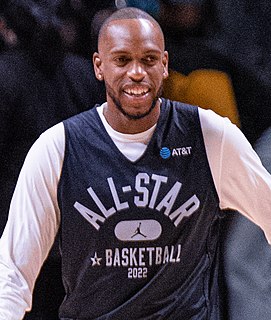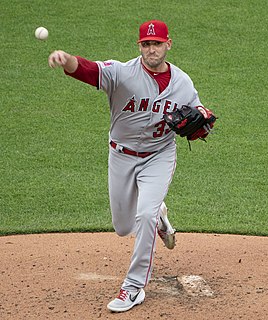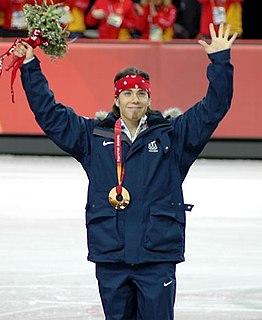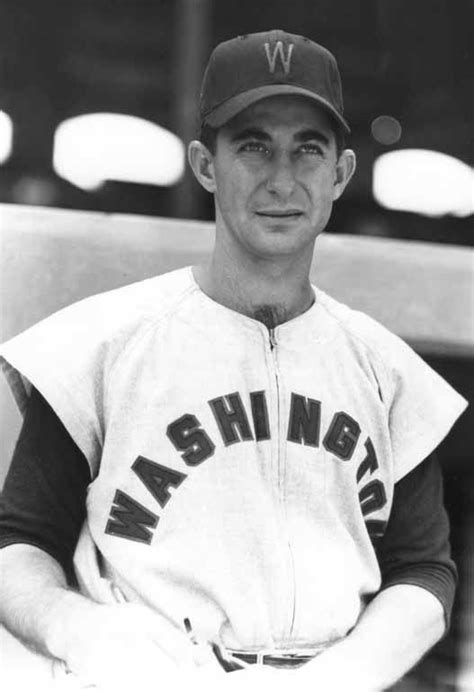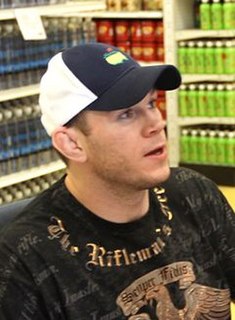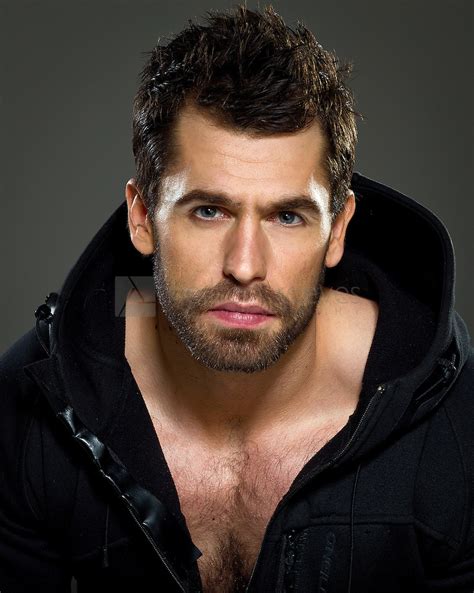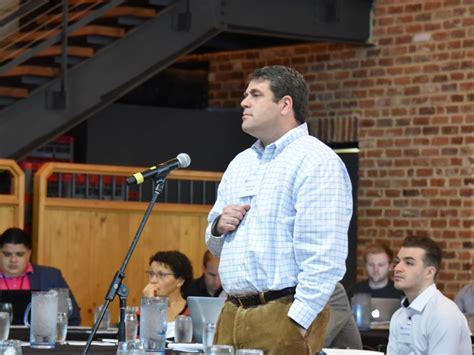A Quote by Colby Covington
If I can't do one thing, which is a lower body exercise, then I'm gonna use my upper body, and I'm gonna get stronger upper body. If I'm not getting stronger upper body, I'll be working on my cardiovascular - swimming or other exercises where I can get my heart rate up.
Related Quotes
The bench press per se is not a risky exercise. When done right, it can help improve upper body strength and size. It's only when form takes a back seat to numbers and when it's grossly overtrained that problems result. Injuries occur in the shoulders and elbows when the bench press is overtrained, poor technique is used, such as rebounding the bar off the chest and bridging, no other exercises for the upper body are included in the program, and there are no core exercises done for the upper back. Quite often, it's a combination all these factors.
I take exercise for each part of the body: arms, legs, back and whatever muscles are required to keep the body fit. I do at least 20 different exercises daily for my upper and lower body. Then I come here every morning to do calf raises and play tennis. If there is time in the afternoon, I play tennis again. At least three hours I spend on weightlifting and bodybuilding.

